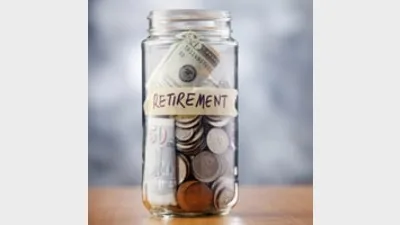Leisure activities drive retirement costs: ASFA



According to new figures released for the Association of Superannuation Funds of Australia's (ASFA) Retirement Standard, the costs for retirees living 'comfortably' and 'modestly' vary greatly, largely because of costs for leisure goods and services.
A couple looking to achieve a comfortable retirement will need to spend $55,080 annually, while those seeking a modest retirement will need to spend $31,643, according to ASFA.
The aggregate costs for a couple living comfortably in retirement dropped by 0.3 per cent in the March quarter from the December quarter 2011, however, costs for single females living at a modest level were down by only 0.1 per cent.
ASFA said the difference was in large part due to a fall in the price of goods and services in the leisure category.
The prices of leisure goods and services fell by 2 per cent between the quarters, with costs for overseas holidays falling by 4.8 per cent and domestic holidays by two per cent, having a particular affect on retirees on comfortable budgets.
March saw the second consecutive month of steady costs for retirees, which ASFA said largely consist of food, health, transportation and recreation spending, with few affected by cost increases for housing and education.
While communication costs increased only slightly over the year, ASFA said health experienced a 4.2 per cent increase over the year, reflecting a decrease in retirees covered by the Pharmaceutical Benefits Scheme safety net.
Between the December quarter 2011 and March quarter 2012, costs of food for retirees decreased by 2.1 per cent and 2.5 per cent over the year to the March quarter, with the greatest falls experienced in Melbourne, Adelaide and Sydney.
ASFA said was this due to a fall in the price of fruit, particularly as banana supplies recovered after Cyclone Yasi.
Substantial price increases in electricity occurred in March, with costs rising an average of 3 per cent.
An increase in transport costs by 1.1 per cent and fuel by 2.5 per cent was partially offset by a decrease in the cost of motor vehicles.
Recommended for you
ASIC has commenced civil penalty proceedings in the Federal Court against superannuation trustee Diversa Trustees, regarding the First Guardian Master Fund.
The winners have been announced for the 2025 Super Fund of the Year Awards, held in Melbourne on 26 November by Money Management's sister brand Super Review.
Data and technology provider Novigi has acquired Iress’ superannuation consulting and managed services business from Apex Group.
AMP is to launch a digital advice service to provide retirement advice to members of its AMP Super Fund, in partnership with Bravura Solutions.










